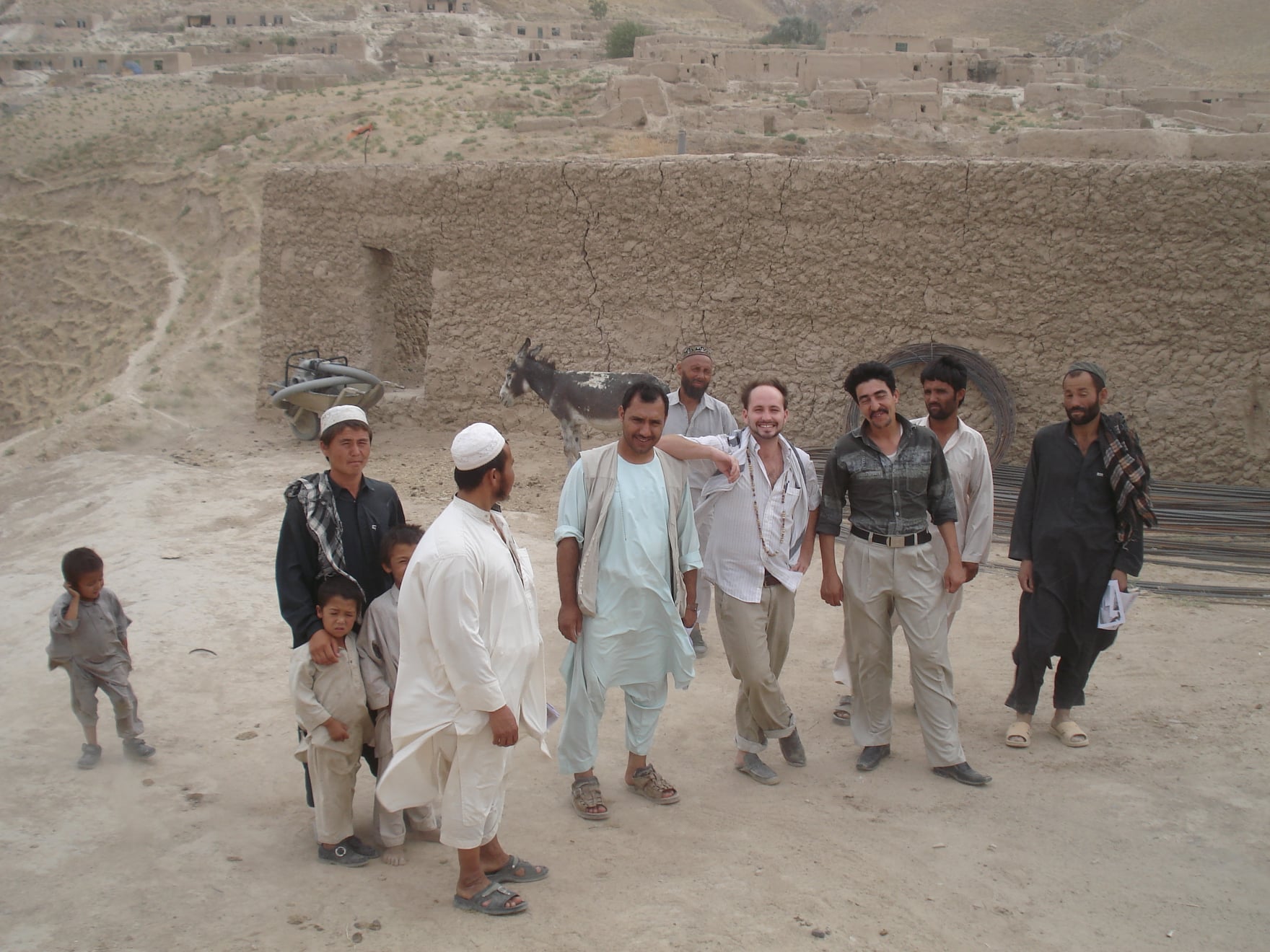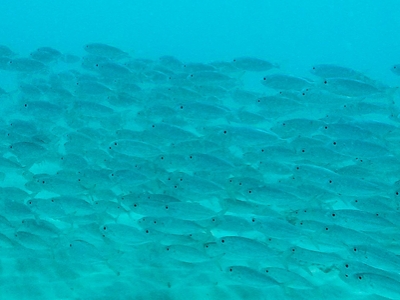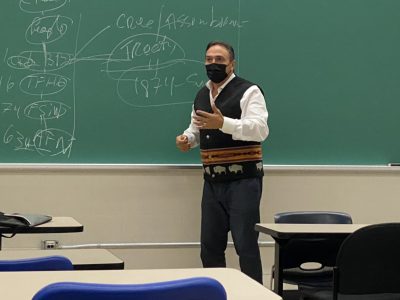By Karen Kelly
The four years that Matthew Gray lived in Afghanistan held enough adventure and memories for a lifetime. Despite the current crisis, he is optimistic about the country’s future.
On August 19, 2021, four days after Taliban forces took over the city of Kabul, Matthew Gray shared his thoughts in a post on his Facebook account, @suitcasedsoul.
“I’ve been in touch with dozens of Afghans and expats over the past 96 hours who lived and live in Afghanistan, as well as Afghan exiles and foreigners who have carried Afghanistan on their sleeves for a decade or more,” he wrote. “When my wife and I left—due to too many attacks and death too close to our work and our doorsteps—we felt deeply relieved to have survived frankly… our shoulders sunk on the plane after we crossed the second mountain range enroute to Tajikistan. But it’s the type of place that stays with you for all the right reasons, not the wrong ones.”
From 2006 to 2010, Gray served as a liaison between Afghans and international organizations in the country—aided by his knowledge of the Russian, Chinese and Farsi languages. In that time, he identified rural projects for the German military under NATO; was embedded with the US Marine Corps; worked as a country representative for CARITAS; and negotiated intimately with the Pakistani Taliban on behalf of Médicins Sans Frontiéres/Doctors Without Borders.
These days he is living in Copenhagen, Denmark, working as a senior advisor for the United Nations on partnerships for Emerging Markets and Fragile States. But much of his time this month was spent helping former Afghan colleagues who want to leave the country.
“I’ve been on constant phone calls with many people I used to work with who need proof of contracts,” says Gray, who hired Afghans for community mobilization work in education, economic growth, and infrastructure. “What’s happening now is a very condensed version of what has been happening over the past five or six years with relocations: mainly to the US.”

Much of Gray’s work was in rural Afghanistan—especially when he was embedded with U.S. Marines in forward operating bases and combat outposts. He was the lone civilian working with local leaders on infrastructure and empowerment projects to “incentivize them not to retaliate.”
“There is…a lot of pain that is resurfacing after the situations I saw and lived,” says Gray about the fall of Kabul, which he calls the ‘ending of the Western coup’. “[There were] years of haunting PTSD which have nearly abated, and [I’ve been] remembering the people I know who were injured or killed, and the communities abandoned.”
While Gray is relieved to see Western militaries leave the country, he is wary about the future for the women who were girls when he worked with/for them.
“I worked on gender programs in every role I had…I remember the charm and dynamism of the girls. The thought of them being removed from society now for religious reasons is utter horror to me. I just pray that the Taliban stick to their word that women are essential to the economy, ergo society.”
As current events bring back memories both good and bad, Gray ended his Facebook post on an optimistic note.
“The Afghans will finally give their nation’s governance a chance their way. They’ve rarely been so ready and never had so many strong neighbours so prepared to welcome them to the neighbourhood. Godspeed dear Afghanistan, I hope to return again soon and to see you looking more like your natural self.”
Dedicated to Mentorship
Throughout these years of work overseas, Gray has served as a mentor to students at Carleton as well as the University of Oxford, where he earned a MSc in major program management. He has fond memories of his time at Carleton, which planted the seeds for his future career.
“We had a stellar graduating class and most are doing well, advising or shaping government policy, primarily in Canada,” notes Gray, who was the founder of Carleton’s UN Society. “My mentorship focus is to bring inspiration, hard reality, and concrete steps to those already curious and committed to building a career overseas.”
His top recommendations for students interested in the field include:
- Choose your region of interest and start building a strategy to get there two years before graduation. This includes clubs, the diaspora, cinema (not just news!), and short trips there.
- Choose your language(s) wisely, based on your region or field of choice: Arabic and Persian for refugee work; French or Arabic for human rights or humanitarian work; Russian and French for diplomacy; Chinese for business; French or Spanish for development work.
- Get international experience any way possible. Whether it’s volunteering, working, or even a course in negotiation, you need proof that you have the resilience to live abroad. Check out the jobs and courses at reliefweb.int.
- Don’t be seduced by the United Nations too early: young people get very limited roles. Seek roles at NGOs where you will gain experience in many parts of the organization, as opposed to the United Nations: “Enter the U.N. when you are a professional; don’t use it to become a professional.”
- Leverage your cultural lineage.
- Be an Idealist, always. Pepper it with realism only when required.
Since graduating from Carleton, Gray has lived in a dozen countries. And while he recently received Danish citizenship with his Tajik family, he is preparing to move again—this time to China. His latest blog discusses China’s “soft power progress to 2025,” which sees China from a non-Western collaborative perspective.
In the meantime, he invites students to email him with any questions they may have on careers or international development. He also welcomes messages on WhatsApp at +45 2042 4690.



